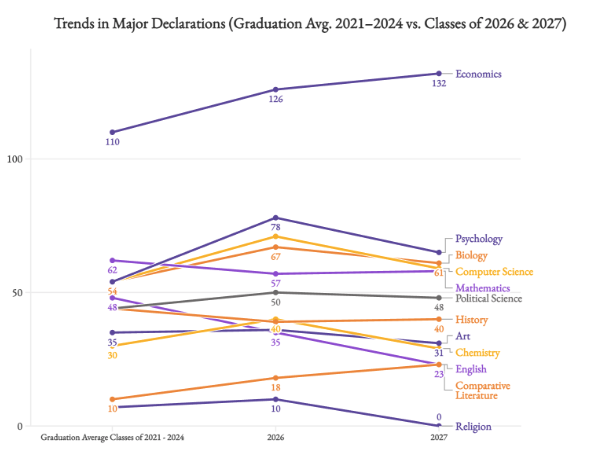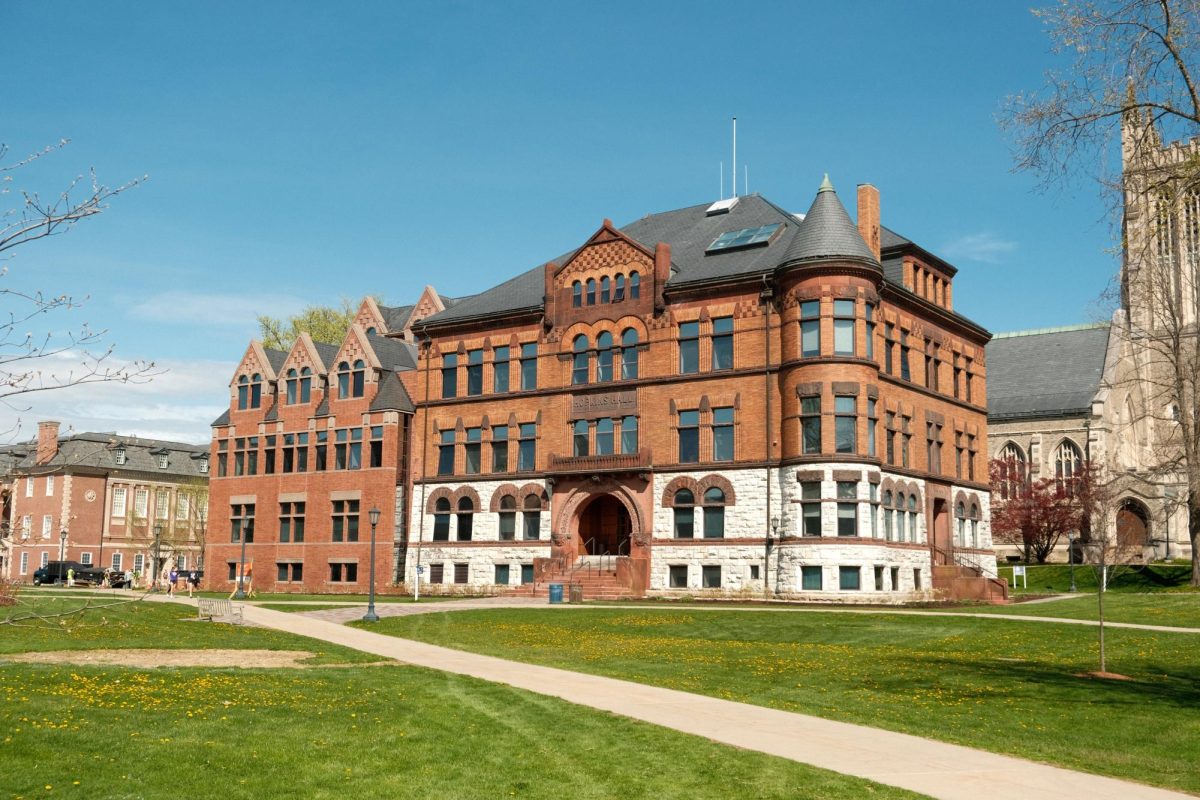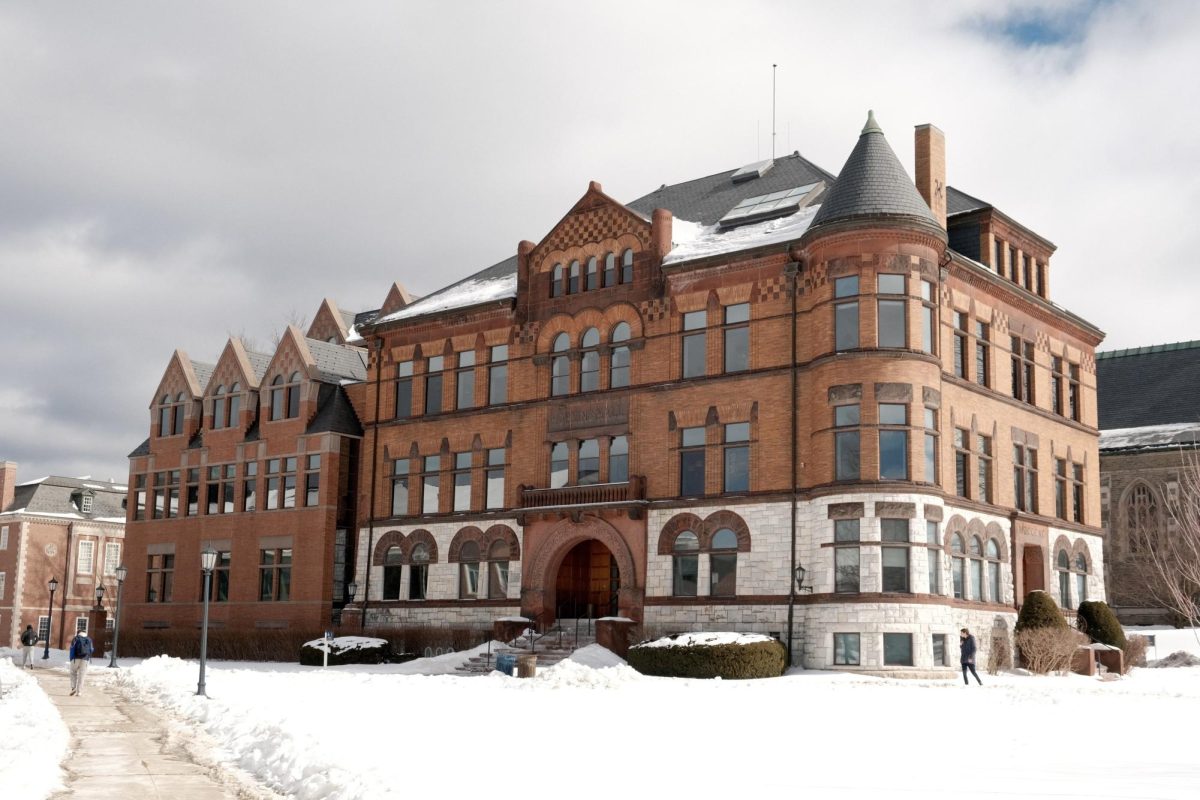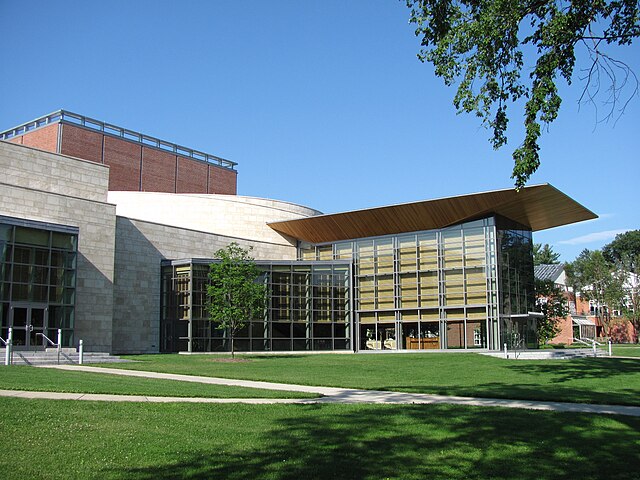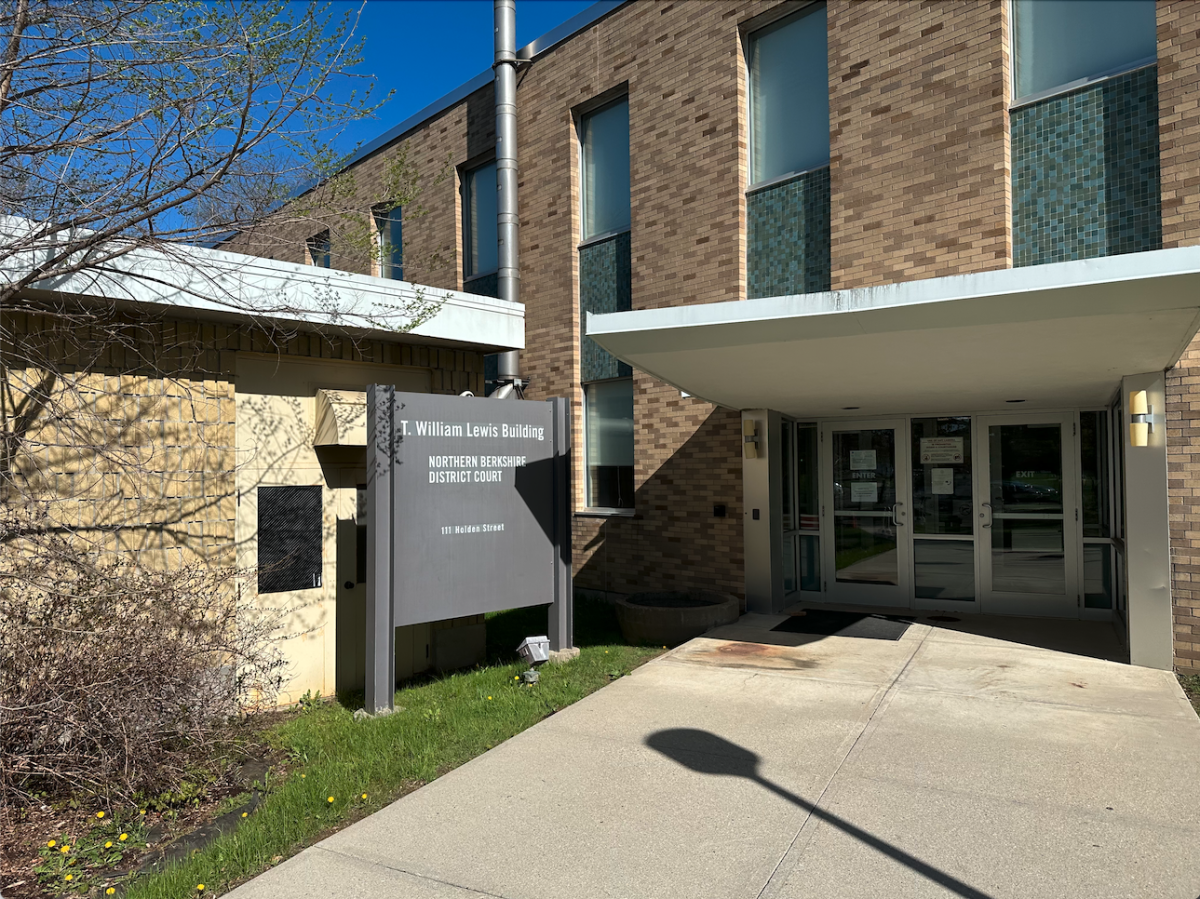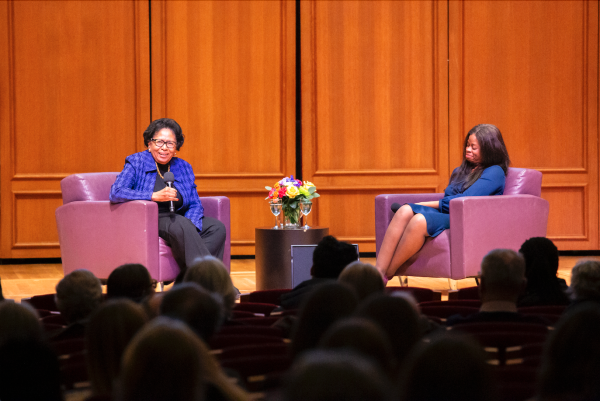
Ruth Simmons, former president of Brown University and the first Black president of an Ivy League university, delivered the evening keynote address at Claiming Williams Day on Feb. 1. Earlier that day, Aaliyah Bilal, the author of Temple Folk — a collection of short stories that center on Black protagonists’ interactions with the Nation of Islam in the 1970s United States — presented the morning keynote address. In their talks, the speakers discussed their personal histories as they pertained to higher education, in line with the day’s theme: “Access to and through higher education.”
Simmons was also the author of this year’s Williams Reads book Up Home: One Girl’s Journey, which discusses Simmons’ childhood in the segregated South. Her keynote address was a conversation with Vice President for Institutional Diversity, Equity, and Inclusion Leticia S.E. Haynes ’99. Simmons discussed her experience growing up and how she hopes her life can be a model to others.
Simmons was born in Grapeland, Texas in 1945, the child of sharecroppers. The youngest of twelve siblings, she had the “extreme advantage of being able to go to school,” while the rest of her siblings worked, she said in her keynote. She attended Dillard University, a historically Black university in New Orleans, La., and later earned a master’s and doctorate in Romance literature from Harvard.
Simons is currently a president’s distinguished fellow at Rice University and has served as the president of Smith College, Brown University, and Prairie A&M University.
In Simmons’ historic academic career, she became the first Black person to serve as president of an Ivy League university — a choice she said she made with her students in mind. “Coming from the dirt fields of an impoverished East Texas town to the Ivy League — it is a path,” she told the Record. “People don’t need to see that as very dramatic. They merely need to see that there are opportunities available, and that we should be constantly making those opportunities available to others.”
Simmons said she viewed Claiming Williams Day and similar efforts at other institutions as an alternative way of gaining knowledge. “There’s just as much learning to be had outside the classroom, in getting to know people who are different,” she told the Record.
This kind of access to new perspectives that higher education can provide is critical, Simmons said. “I maintain that one of the most important services to democracy is higher education,” she said.
Bilal’s collection Temple Folk draws inspiration from her personal experience: Bilal’s older family members were themselves members of the Nation of Islam, she said in her keynote. She acknowledged the movement’s divisive impact on the United States and its Black community, but she also underscored its meaning to certain Black American Muslims.
Bilal earned a bachelor’s degree in African American studies and Spanish at Oberlin College in 2004, followed by a master’s at the University of London’s School of Oriental and African Studies. She once planned on a career in academia but decided to write fiction after finishing her graduate degree.
She pursued her writing education outside of formal institutions, conducting self-study through reading. “By pursuing self-study, I was able to minimize the influence [that] institutions wield over our thought processes,” she told the Claiming Williams audience. “Institutions tend to evolve their own orthodoxies,” she continued, noting that it was important to her to develop a writing voice outside of institutional norms.
Bilal described herself as inherently “set apart” — from the academy, from white America, and from the people and society that she observes and writes about. America, she said, offers people like her — Bilal is a Black Sunni Muslim — only a “provisional citizenship,” marred by medical racism, gerrymandering, environmental ills, and a host of other discriminatory factors.
Simmons’ address also emphasized her personal experience with challenging these institutions. “I made a nuisance of myself in college,” she said in her address, discussing her involvement in student activism and her refusal to attend the mandated chapel services that she felt were exclusive to religious minorities.
“I never wanted people to be treated the way I was as a child,” she said. “And that meant that it was my responsibility to be involved.”





